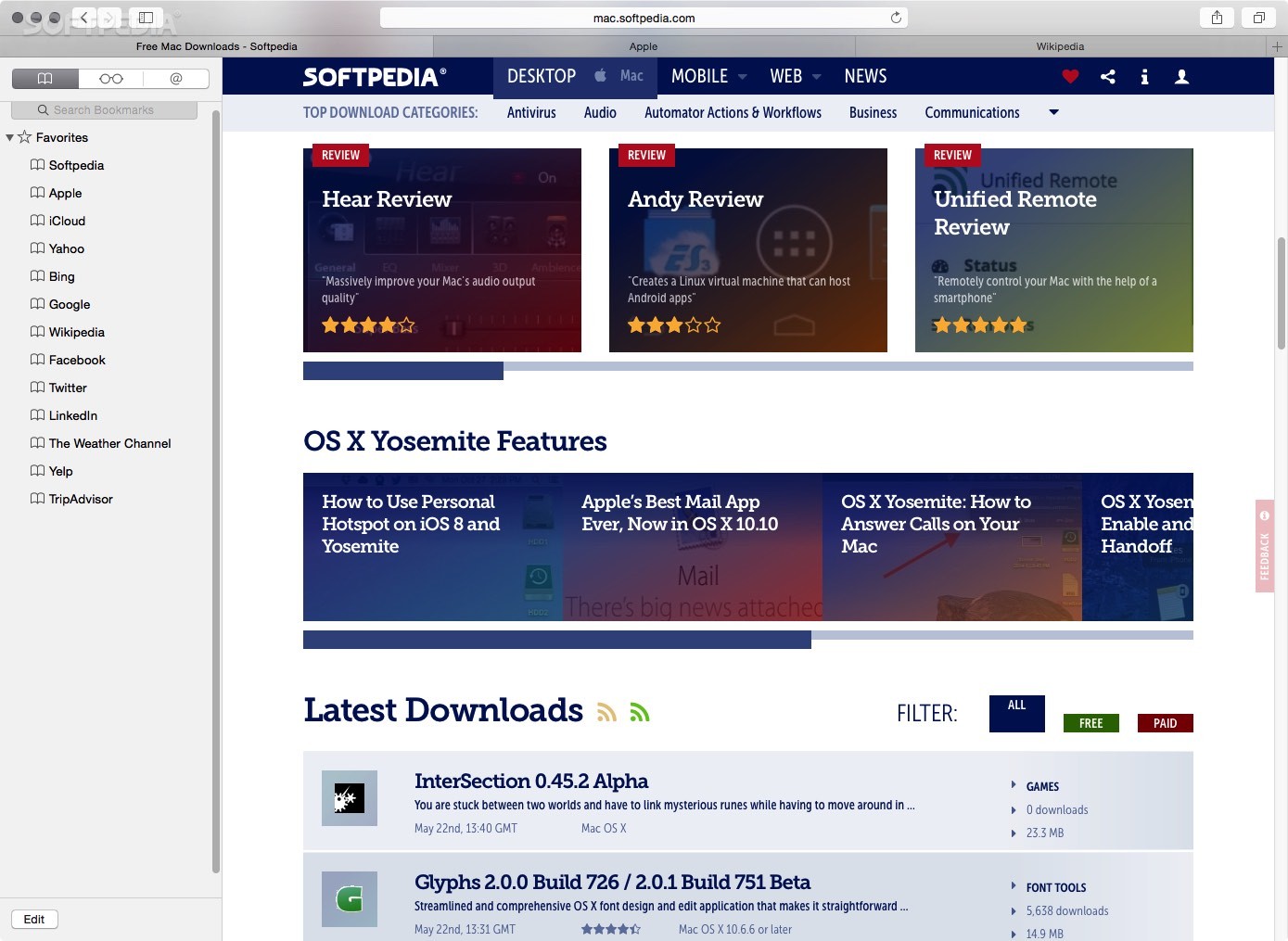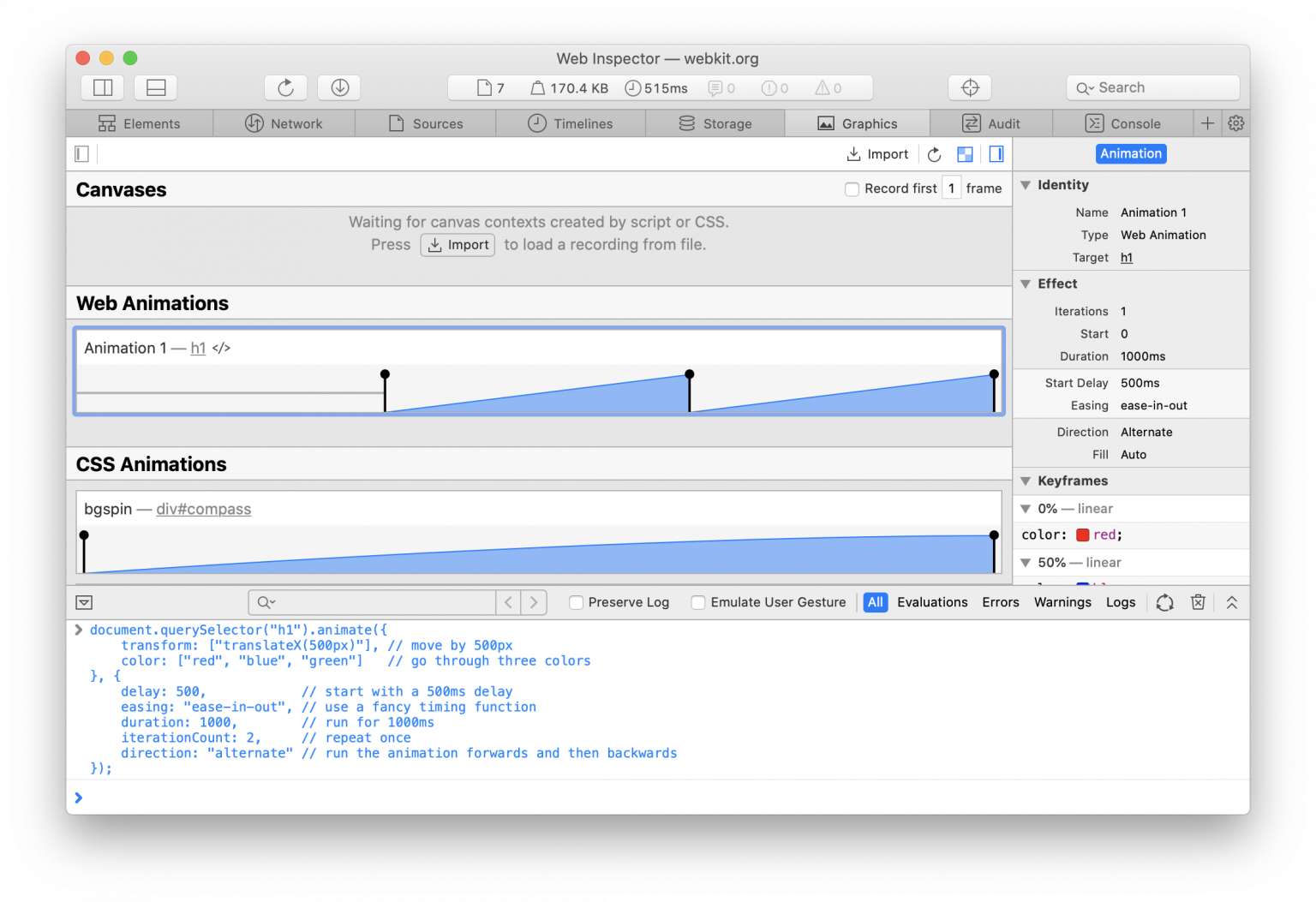
In keeping with Apple’s policies, there is only one engine permitted in iOS - you guessed it: WebKit. However, it’s a different story for iPhones.
WEBKIT SAFARI ANDROID
The Chrome and Firefox versions for desktop computers and Android are built on Google’s V8 engine and Mozilla’s Gecko/Quantum engine, respectively. Finally, the third giant of the modern web is Apple’s engine - Webkit, which is used in the Safari browser.īut here’s the thing.

There is also the Gecko engine - its modern version is called Quantum - which Mozilla developed and supports for the Firefox browser and a few others. Google uses its own V8 engine in its Chrome and Chromium browsers, while Microsoft Edge and dozens of other browsers are based on Chromium.

There are three major browser engines in the world. Think of the browser engine like the engine of a car: it’s the most important part of a browser and without it you won’t get anywhere. Of course, the browser has a bunch of other necessary and useful parts that direct the engine and ensure that the additional features work. Every browser in iOS is SafariĮvery browser is based on what is called an “engine.” The engine processes the code that is received from the internet and transforms it into the web pages that the browser ultimately shows the user. In this post, we give you the lowdown and tell you why you need to make sure that Safari and WebKit on your iPhone are always updated in time. IPhone users who prefer alternative browsers might get lulled into thinking that the vulnerabilities in Safari and the WebKit engine don’t present a direct danger to them.

Lots of iPhone users aren’t crazy about the iOS built-in browser, Safari, and prefer to use an alternative - Google Chrome, Mozilla Firefox, or even something more exotic like DuckDuckGo, Brave or Microsoft Edge (yes, there’s Edge for iOS!).


 0 kommentar(er)
0 kommentar(er)
